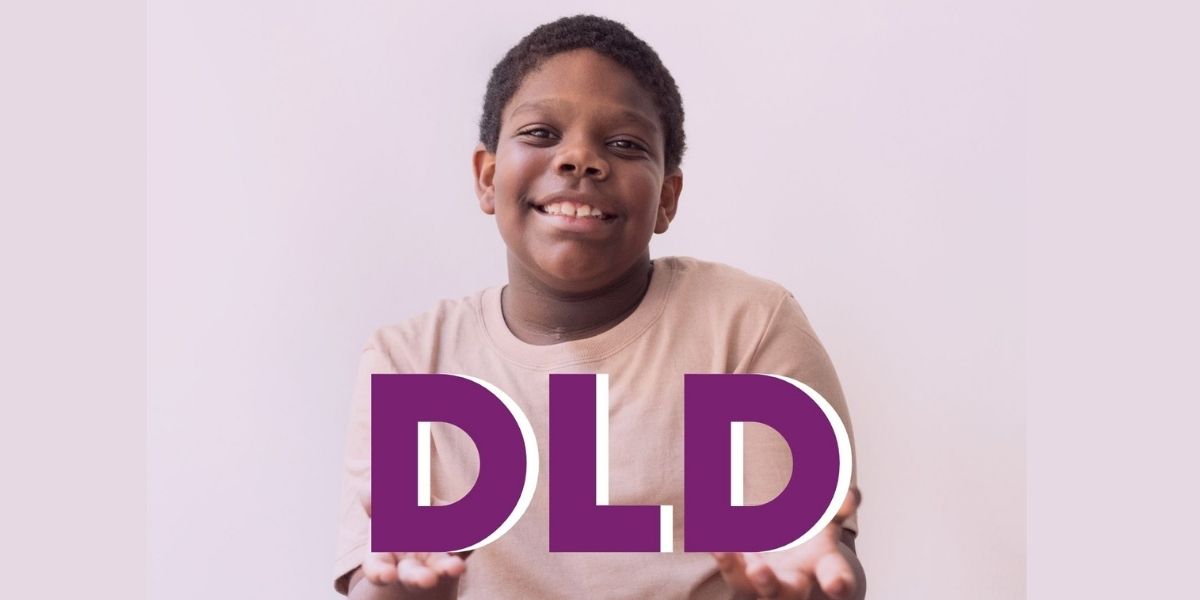Growing with DLD
20/10/2022This last week saw DLD Awareness Day.
I recently spoke to Lorna from our Clinical team here at Timeout, Lorna provided me with some really insightful information about the disorder.
This week we have been asking ourselves…Have you heard of DLD?
You’ve probably heard about autism and dyslexia but how about Developmental Language Disorder (DLD)? With 1 in 14 people having DLD, it is time we talk more about this hidden but common lifelong condition.

DLD causes difficulties with speaking and understanding for no known reason. There are serious and long-term impacts, as it puts children at greater risk of failing at school and struggling with mental health and future employment. The biggest challenge with DLD is you can’t tell by looking at a person that they have DLD and therefore, DLD individuals often get overlooked for support. People do not grow out of DLD but with individualised support that can include regular speech-language therapy and educational adjustments they can thrive. It’s about growing with DLD and this is the theme for this year’s DLD awareness day!
People with DLD are as intelligent as their peers, but may experience difficulties with:
- understanding instructions
- answering questions
- learning new words
- putting words together to speak in sentences
- reading
- writing sentences
- playing with others
A person with DLD may struggle to follow instructions (i.e. “Before you get your English book out, put your pencil case on the desk”) and use shorter and simpler sentences when speaking (i.e. “She kick ball” instead of “She kicked the ball”). They may also present with other co-occurring difficulties such as dyslexia, ADHD, dysgraphia, dyscalculia and dyspraxia. This can put a student with DLD at serious risk of struggling with mental health or being bullied, as well as having an increased likelihood to struggle at school if supports are not in place.
It’s important to remember students with DLD are very capable of achieving at school with the right supports in place. We hear from children with DLD that they often feel invisible and misunderstood in the classroom. With this in mind we recommend a person is assessed by a speech therapist as soon as possible if they present with:
- obvious difficulties with speech, language or communication
- challenging behaviour
- persistent difficulties with understanding and/or using language.
Here at Timeout, we have students that have DLD so it is important that carers, parents and staff are aware of the disorder. We need to educate ourselves on this.
I also think it is important you take reflection, as this may be part of your personal life in some way, and I hope this blog post has been helpful in some way.